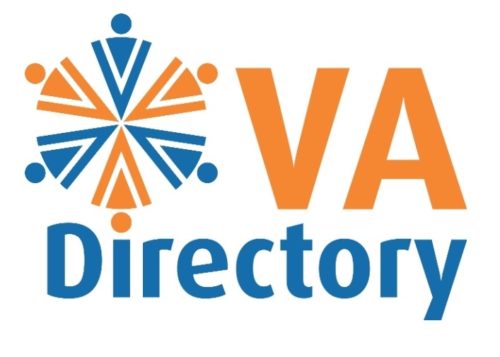Periodically I see posts at forums asking about the start up costs for being a Virtual Assistant.
In comparison to many other industries, the costs are fairly low, but that does not mean it should be considered ‘cheap’. Too many I see on forums trying to get everything for free and it makes me wonder just how much they value what they have available to them.
Being a Virtual Assistant does mean that you are in business. You are not an employee and you should not be expecting others to foot the bill for you nor should you expect handouts. You should be paying for the things you get to help you run your business. After all these items are a taxable expense. If you haven’t already, you should find yourself an Accountant pronto. You shouldn’t be operating a business without having professionals who can help support you.
So, what kind of things can you expect to pay out for? Some of these things you might already have.
Essentials:
- Computer
- Professional software such as Microsoft office. MS Works will not cut it. And if you’re going to provide specialist support such as bookkeeping, web design, etc then the relevant software for that
- Antivirus software
- Back up system (external hard disk, online backup, etc)
- Internet connection
- Printer
- A decent desk to sit at
- Ergonomic chair to sit in – you’ll be spending long hours in it
- A filing system of some sort or cabinet
- Business cards
- There may be legal requirements in your region relating to registering as a business
Non-essentials but things you can add when you’ve got the money to pay for them:
- Business name – not essential but many like to have one
- Letterhead
- Memberships of professional associations that relate to your service offerings: Virtual Assistant networks, bookkeepers association, web designers association, etc
- Website (often VA networks will provide a web page for you)
- Scanner/photocopier
- Laminator
- Binder
- Bookshelves
Other items you may consider essential but not needed immediately:
- Advertising: Google Adwords, other paid online advertising, Yellow Pages, local papers, leaflets and flyers
- Training courses
- Books and magazines to help you improve/add to your skillset
Of course some items you may consider essential that aren’t for others. It really depends on your skillset and your core service offerings.
Don’t underestimate the importance of mixing and mingling with your peers to learn more about your industry. But it’s equally important to mix and mingle with those who specialise in whatever your core offerings are as well. And even for your core client base. For example, if you service business coaches, then it may be beneficial for you to join a business coaching group so you are in the midst of your target client base. It helps you to learn more about their industry and how you can help them.
Ultimately it depends on where you live as to what all these things might cost you. Here in Australia you could expect to invest between $2-4k to get your business operating.

Justine Curtis says
Great post Kathie and thanks for highlighting a really important point. When asked about start up costs, I always recommend that you have a back up fund of at least 9 months living costs (if you are giving up the day job!) in addition to at least £2-3k for business start up and marketing costs in the UK.